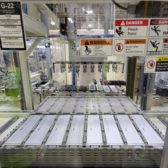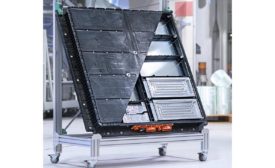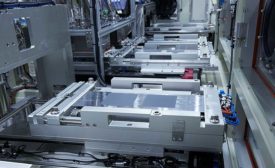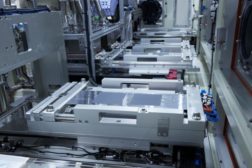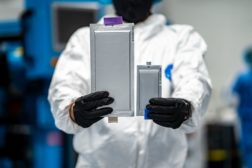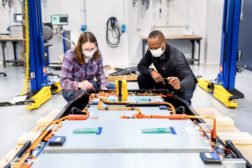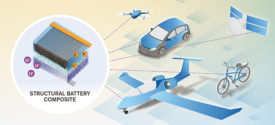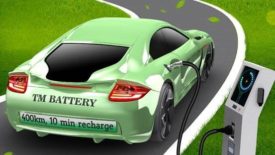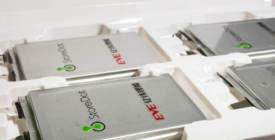Home » Keywords: » battery design
Items Tagged with 'battery design'
ARTICLES
The Next Big Breakthrough in EVs
Solid-State Batteries Emerge From the Lab
September 23, 2022
Never miss the latest news and trends driving the manufacturing industry
Stay in the know on the latest assembly trends.
JOIN TODAY!Copyright ©2024. All Rights Reserved BNP Media.
Design, CMS, Hosting & Web Development :: ePublishing


